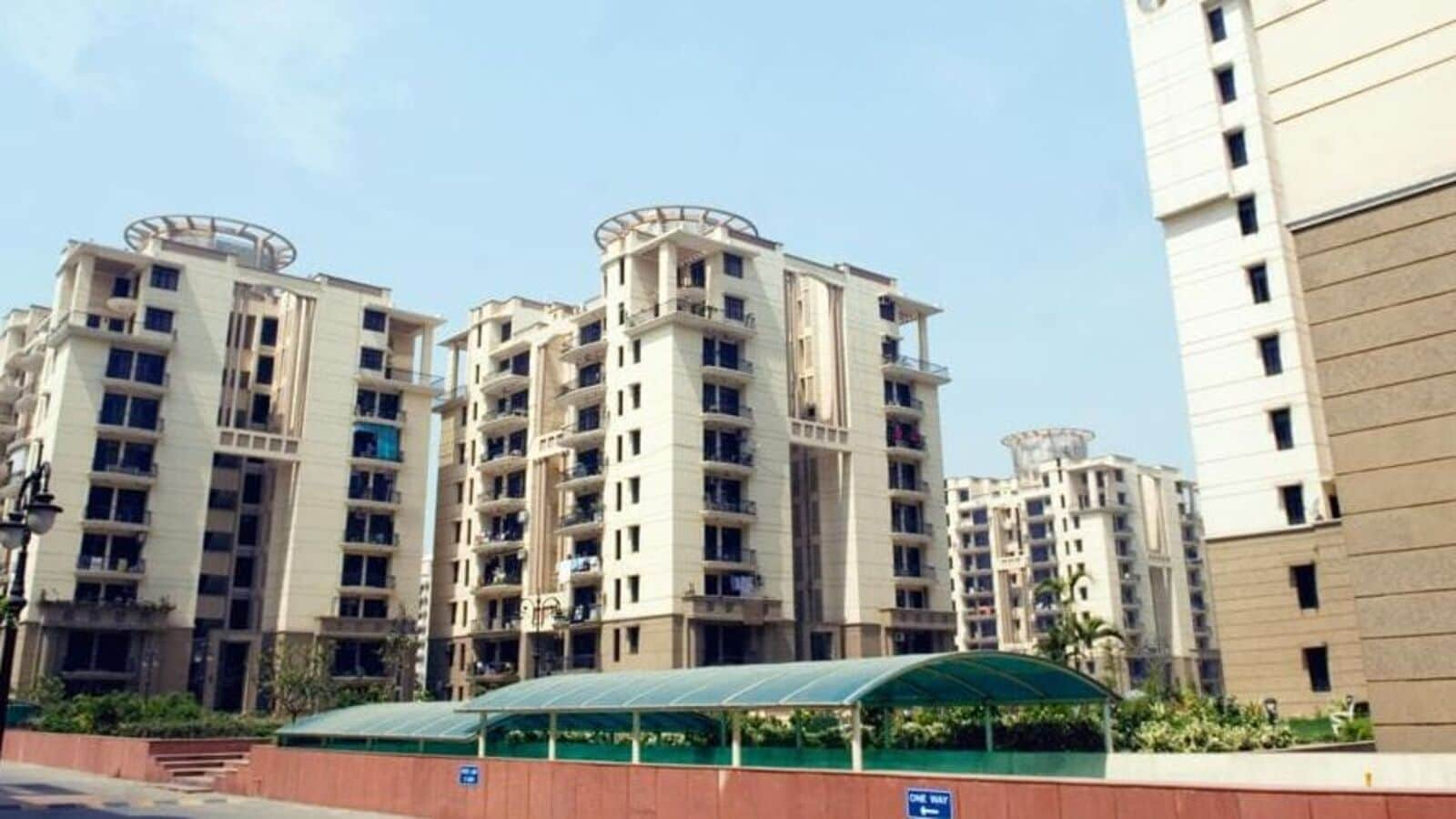I am a US citizen and have an OCI (Overseas Citizen of India) card. I own three apartments in India that I bought in the early 2010s. I plan to sell two of them, one in December and the other in February 2025. In addition to the sale of these two apartments, I plan to buy two new apartments. Can I get the benefit of the reinvestment? And is there any limit for reinvestment?
-Name withheld upon request.
Their apartments would be considered “long-term capital assets,” the threshold of which is defined as a holding period of more than 24 months prior to the transfer date.
According to the Finance Law (No. 2) of 2024, non-residents can no longer benefit from indexation, but the tax rate has been reduced from 20% to 12.5% (plus applicable surcharge and tax). However, you can still claim an exemption from capital gains tax under section 54 if you reinvest the capital gains into a new residential property (whether through purchase or construction). For each sale of a residential property, you can reinvest the proceeds up to the capital gains amount into a new residential property. Section 54 does not limit how many times you can claim this exemption in a tax year and therefore the capital gains tax exemption for both sale events (December and February) can be claimed together during 2024-25.
To claim the exemption, the prescribed time limit for purchasing a new residential property is one year before or two years after the date of sale. However, let’s assume that you have not purchased the relevant new residential properties by 31 July 2025. In that case, you will need to deposit the unused capital gains into a ‘capital gains account’ opened under the Profit Account Scheme of capital, which must be used within the prescribed period of two years. There is also a three-year lock-in period for new residential property, failing which the exemption amount previously claimed will be recovered.
The Finance Law 2023 has introduced a limit of $10 crore on the cost of the new property to claim exemption from capital gains tax. If the cost exceeds $10 crore, excess capital gains will be taxed. This limit applies individually for each rollover.
The India-US double taxation avoidance agreement does not provide any specific exemption from capital gains tax in India. And despite claiming exemption under section 54, you may still have to pay US taxes on the amount of capital gains calculated under US tax law. It is recommended that you consult a qualified US tax professional to understand the US capital gains tax implications.
Also read: Get tough: A lenient capital gains tax regime has been distorting incentives
Harshal Bhuta is a partner at PR Bhuta & Co.
Disclaimer:
The information contained in this post is for general information purposes only. We make no representations or warranties of any kind, express or implied, about the completeness, accuracy, reliability, suitability or availability with respect to the website or the information, products, services, or related graphics contained on the post for any purpose.
We respect the intellectual property rights of content creators. If you are the owner of any material featured on our website and have concerns about its use, please contact us. We are committed to addressing any copyright issues promptly and will remove any material within 2 days of receiving a request from the rightful owner.

